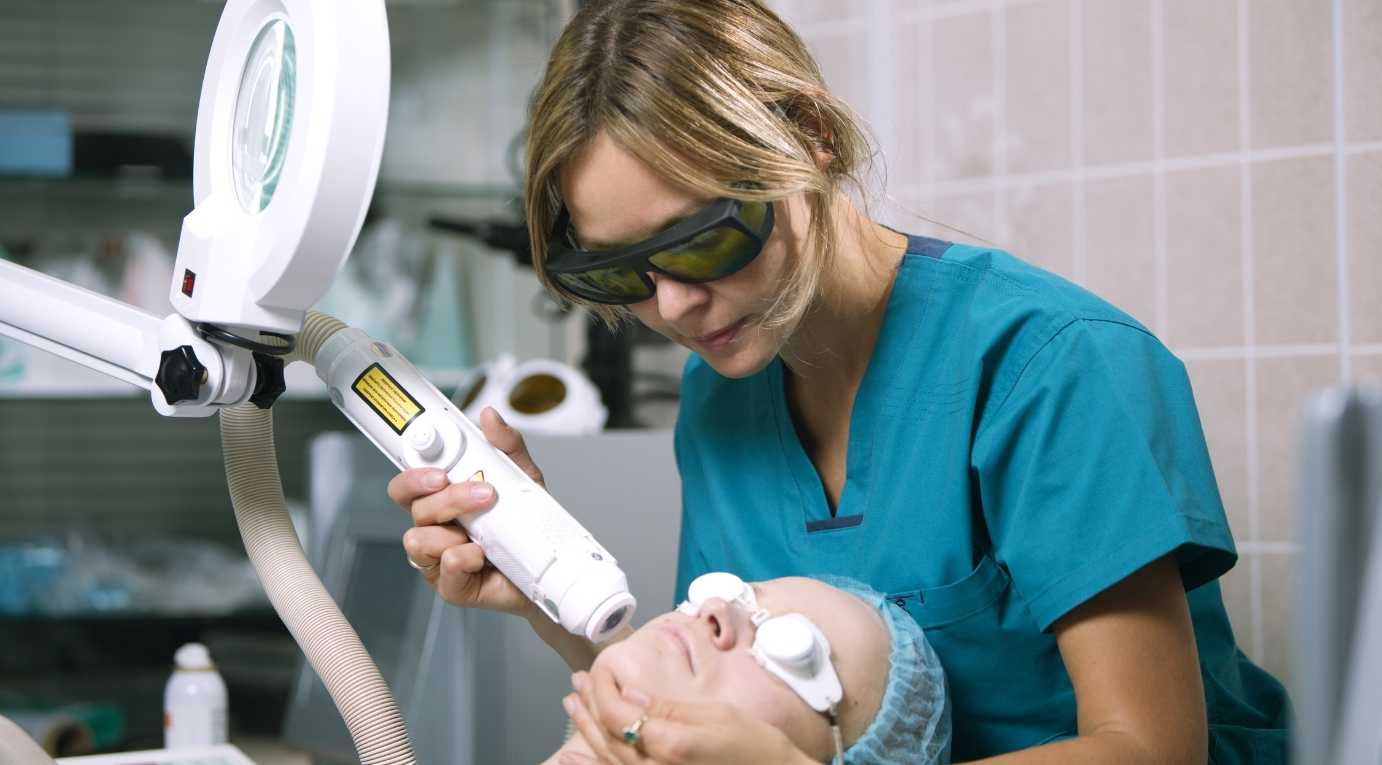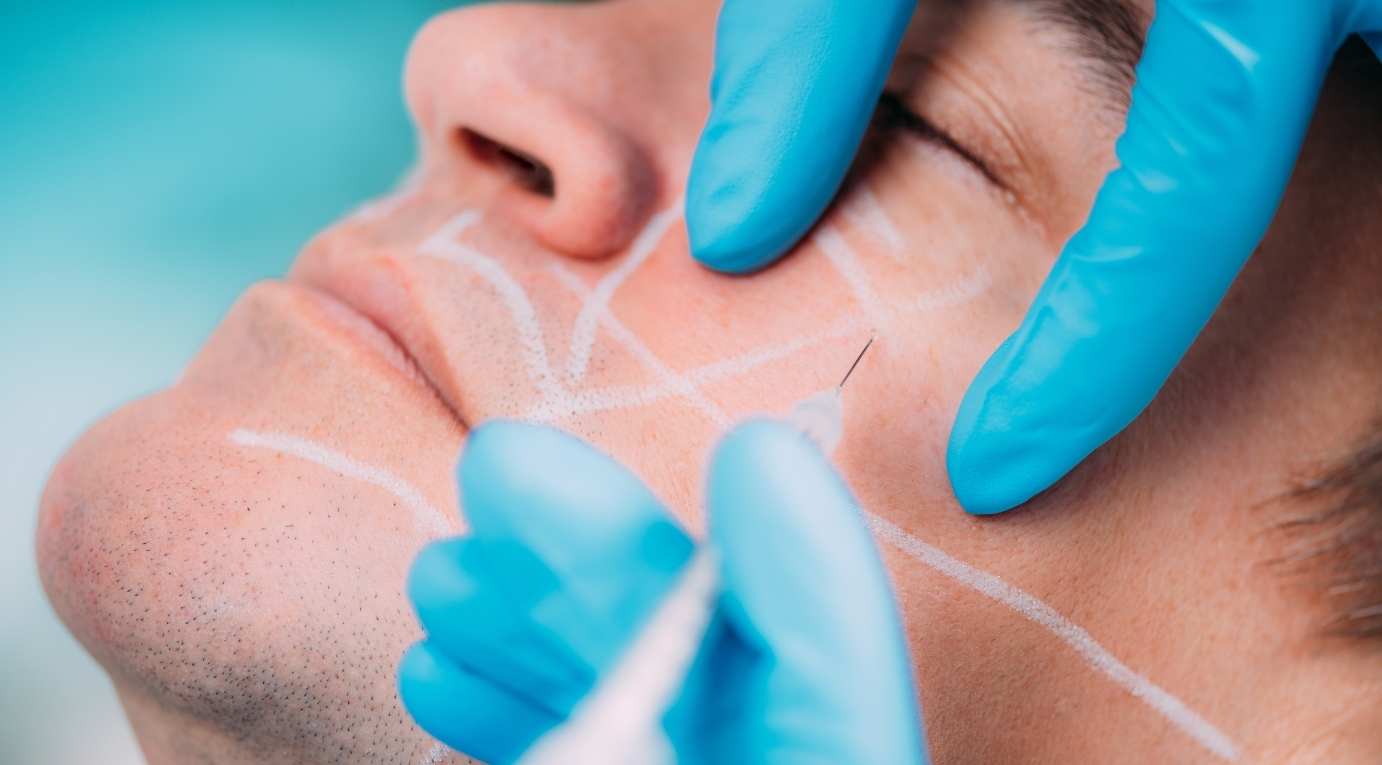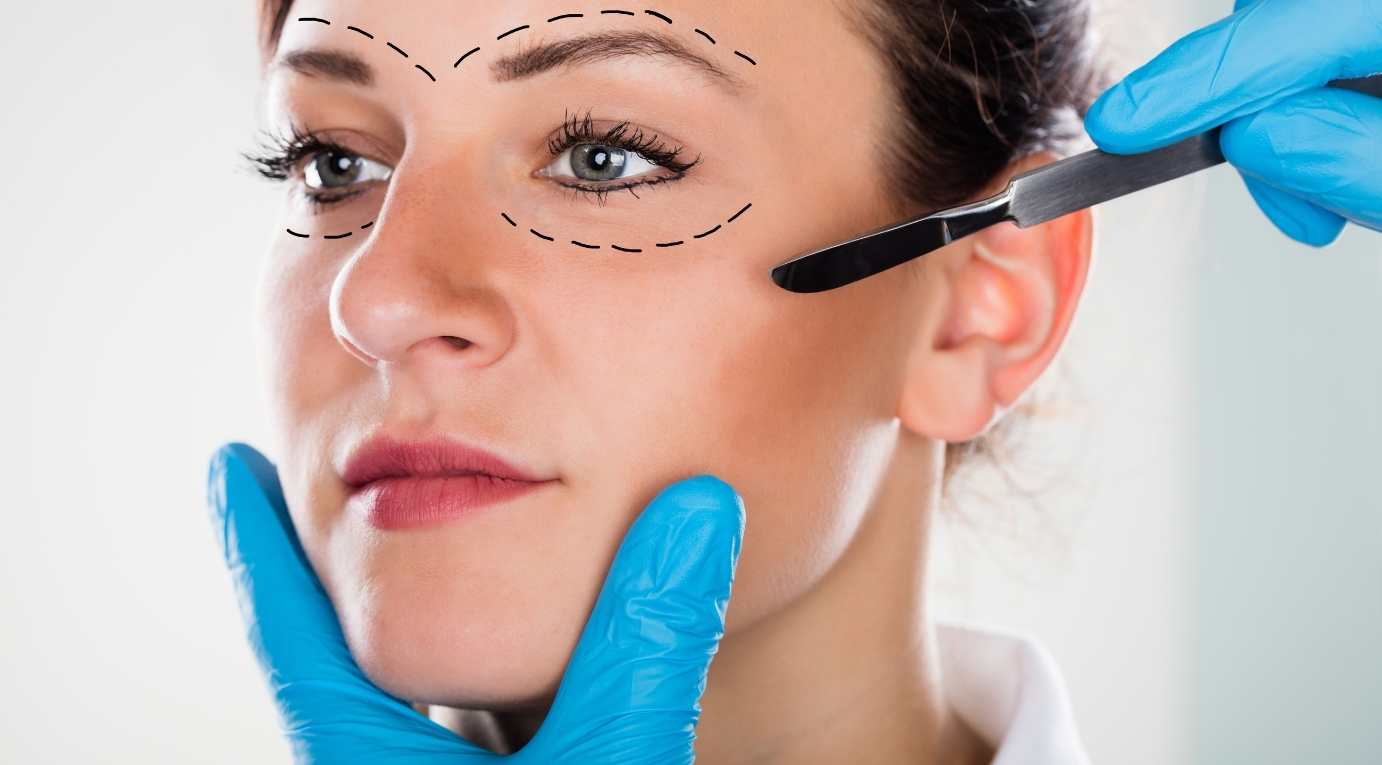The difference between an Aesthetic Doctor, a Plastic Surgeon, and a Dermatologist is often misunderstood. An aesthetician has minimal training in cosmetic surgery while plastic surgeons are not solely focused on this area but also offer other treatments such as breast augmentation or tummy tucks; however, they’re usually more experienced than those who only do corrections like facial implants due to their expertise across many areas. The difference between an Aesthetic Doctor and a Plastic Surgeon can be difficult to understand for some people. An aesthetician is not trained in cosmetic surgery, but they may offer services related such as injectables or fat transfers, while doctors of dentistry (DDS) often provide more traditional medical practices including periodontics treatments.
Aestheticians are general practitioner medical doctors who have a special interest in aesthetic medicine. They attain certificates, diploma,s or Masters’s qualifications to deliver services such as Botulinum toxin injections; dermal fillers like collagen shots that boost patients’ self-esteem by injecting it into weak areas of the skin for increased volume (and therefore vanity points); chemical peels which can make large wounds heal faster without scars while also getting rid of certain wrinkles permanently–a major plus for those who are over 40! And laser treatments are specifically tailored toward reducing unwanted hair growth around scalps and other parts of the body.
The aesthetic doctor’s field of focus is the rejuvenation and rehabilitation of aging or damaged skin, such as wrinkles, volume loss (sagging), and acne rosacea pigmentation disorders like melasma. Many doctors offer consultations on all types/indicators that they may be able to treat with their expertise in plastic surgery procedures- this should always happen during an initial consultation before any decisions are made about what type(s) if any will need treatment!
To become certified to deliver aesthetic injections, a GP must first complete postgraduate training. They will then have access to the necessary tools and equipment that are needed for their job but cannot perform these services without being able to demonstrate proficiency by gaining hands-on practice through workshops or other educational sessions as well as performing injection exercises under supervision before they can receive certification to practice cosmetic procedures.
Dermatologists are doctors who specialize in treating skin diseases. They receive postgraduate qualifications to become a dermatologist after medical school and focus entirely on managing conditions such as acne, psoriasis, or even just eczema by using medications that help relieve their symptoms without having any negative side effects.
Plastic surgeons treat a wide range of ailments, from injuries and birth defects to cosmetic procedures like face lifts. They must first specialize as general practitioners before becoming specialized plastic surgery because they alter the appearance of bodies with their treatments such as nose reconstruction or breast enhancement which can be done through different types of surgeries respectively.



